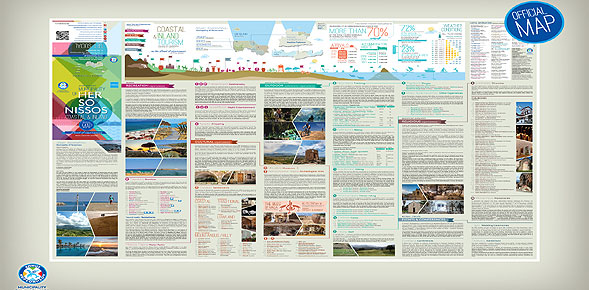Southern Europe is sinking deeper into the gloom. If Portugal falls greatly, it focuses on small volumes in its upscale hotels, less frequented in winter. Spain and Italy have very low levels of activity below 48% of OR which is addressed by aggressive pricing policies.
The year 2013 began on a dive of almost all indicators of the hotel sector across Europe, with a few islands of positive developments, confirming the strong resistance of the German and Austrian markets. General tension on occupancy for eighteen months eventually weighing on price changes means that ground was ceded everywhere. RevPAR of the European Union collectively displayed a decrease of 1.2%. Growth engine for indicators in 2012, the upscale segment came to its maximum strength and starts to weaken. The downward trend in average prices is appearing in many markets. Luckily, January is traditionally the one where the activity is lower and weight is not significant on annual performance. However, visibility of the coming months is low and 2013 is already shaping up as a less favorable year in terms of timing, without major events like the London Olympics, Euro 2012 Football.
Of the three major countries of the European Union, Germany alone continues riding on the success of its business events and of the continuous improvements on average rates. It caught up on other Western countries. With lower volumes, but also well oriented, Austria maintains a strong MICE activities that are boosting its average prices too.

Belgium and Luxembourg have stabilized their levels of activity, but the Netherlands, as well as the UK, are seeing reductions in the two indicators. Another European heavyweight in the hospitality industry, France, is still holding in terms of average prices, but the margin of maneuver becomes weaker and weaker. While Denmark is resistant thanks to business activity in its capital, Copenhagen, Sweden is facing a sharp drop in attendance.
Southern Europe is sinking deeper into the gloom. If Portugal falls greatly, it focuses on small volumes in its upscale hotels, less frequented in winter. Spain and Italy have very low levels of activity below 48% of OR which is addressed by aggressive pricing policies.
In Central Europe, attendance is down in comparison to already low volumes, especially in Hungary which was particularly quiet early this year. The comparison with 2012 is naturally unfavorable to Poland, which no longer enjoys the preparation and the dynamics of the Euro Football.
“One should remain careful regarding the significance of this cold snap in the European hotel industry, because the low levels of activity are a usual situation at the beginning of the year and a simple variation is magnified,” explains Georges Panayotis, president of MKG. “However, it could not be ignored that the economic difficulties are worsening in most of the European countries. 2013 will a be a year of transition before the measures taken by the gouverments produce any benefic effects in 2014. One could expect a defavourable evolution on the national domestic markets. The strength of international tourism will certainely give a premium to the capital metropolis, widening the gap with secondary cities”.





















































































































































































